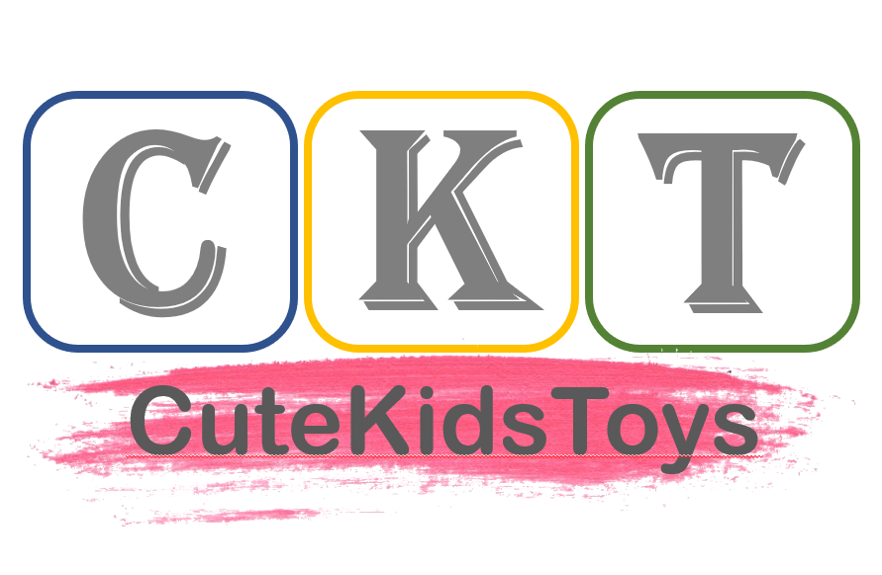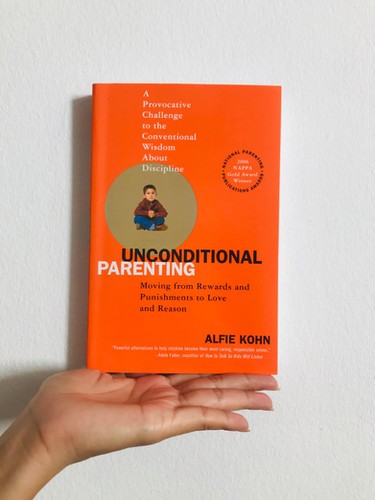
In our Book review of “Unconditional Parenting” by Alfie Kohn, we explore the many reasons why the book has become an all time favorite.
“Unconditional Parenting” is a book written by Alfie Kohn, a renowned author and speaker on the topics of education and parenting. The book explores the idea that traditional forms of parenting, which rely on rewards and punishments, are not only ineffective, but also harmful to children’s development. Kohn argues that unconditional parenting, which is based on trust, respect, and empathy, is a more effective and compassionate approach to raising children.
In “Unconditional Parenting,” Kohn draws on a wealth of research and personal experience to make his case. He starts by examining the problems with traditional forms of parenting, such as the use of rewards and punishments to control children’s behavior. He argues that these methods not only fail to address the underlying causes of children’s misbehavior, but also undermine their intrinsic motivation and self-esteem. Kohn then goes on to describe the principles and practices of unconditional parenting, which include building a strong emotional connection with children, setting clear boundaries and expectations, and fostering autonomy and self-direction. Throughout the book, Kohn provides real-life examples and practical strategies to help parents implement these principles in their own homes.
The book begins with a brief history of how parenting styles have evolved over the years, and how some of the most popular approaches have led to a sense of entitlement in people. Kohn explains that unconditional love doesn’t mean that you don’t make demands or set limits, but rather that your relationship with your children is based on trust and respect rather than rewards and punishments.
In this book Kohn offers a different approach to parenting, one that focuses on the needs of your child instead of your own. He explains that when parents focus on their children’s needs instead of their own feelings or desires, they can build stronger relationships with their children.
Get this book free with an Audible Trial
Get 1 free credit to use any title of your choice and listen to anything from the Plus Catalogue—thousands of audiobooks, podcasts, and Audible Originals.
Audible TrialIn “Unconditional Parenting,” Alfie Kohn argues that traditional forms of parenting, which rely on rewards and punishments to control children’s behavior, are not only ineffective, but also harmful to children’s development. He presents an alternative approach, unconditional parenting, which is based on trust, respect, and empathy.
Kohn starts by examining the problems with traditional parenting methods such as rewards and punishments, stating they fail to address the underlying causes of children’s misbehavior and instead undermine their intrinsic motivation and self-esteem. He also criticizes the use of praise as a form of manipulation.
Kohn then goes on to describe the principles and practices of unconditional parenting. He emphasizes on building a strong emotional connection with children, setting clear boundaries and expectations, and fostering autonomy and self-direction. He argues that these methods help children develop a sense of intrinsic motivation, self-discipline, and a deep sense of self-worth.
The author also talks about the importance of listening to children and valuing their perspectives, as well as the need for parents to examine their own emotions and behavior and how it impacts the child. He also encourages parents to practice self-reflection and self-improvement, and to let go of the need to control and direct children’s lives.
Throughout the book, Kohn provides real-life examples and practical strategies to help parents implement these principles in their own homes. He stresses that unconditional parenting is not a one-size-fits-all approach and that it will look different for every family. He emphasizes that it is an ongoing process that requires patience, flexibility and a willingness to adapt.
In summary, “Unconditional Parenting” by Alfie Kohn presents an alternative approach to traditional parenting methods, emphasizing on building trust, respect, and empathy with children. The book encourages parents to focus on developing a strong emotional connection, fostering autonomy, and self-direction in children rather than controlling their behavior through rewards and punishments. It stresses on the importance of listening, valuing children’s perspectives, self-reflection and self-improvement for parents, and presents practical strategies to implement these principles in daily life.
Kohn’s arguments are rooted in a wealth of research and personal experience. He draws on studies from a variety of fields, including psychology, sociology, and education, to support his claims. For example, he cites research that shows that rewards and punishments can reduce children’s intrinsic motivation, lead to a decrease in creativity, and increase the likelihood of cheating and other forms of unethical behavior. He also references studies that demonstrate the negative effects of praise on children’s self-esteem and self-perception.
Kohn’s research is not limited to academic studies and he also draws on personal experiences, stories and examples from real-life parents and children to provide a more relatable and realistic perspective. He provides a wide range of examples and scenarios that helps the reader understand how these principles can be applied in real-life situations.
The author also presents a strong case for the benefits of unconditional parenting. He argues that this approach helps children develop a sense of intrinsic motivation, self-discipline, and a deep sense of self-worth. He also claims that unconditional parenting can lead to better communication and relationship between parents and children, and create a more peaceful and harmonious home environment.
Kohn’s arguments are well-supported by his research and examples. He effectively demonstrates the problems with traditional parenting methods, and provides a convincing case for the benefits of unconditional parenting. He also acknowledges that unconditional parenting is not a one-size-fits-all approach, and that it will look different for every family, stressing that it is an ongoing process that requires patience, flexibility and a willingness to adapt.
One critique of “Unconditional Parenting” by Alfie Kohn is that some readers may find the author’s tone and language to be overly critical of traditional parenting methods. Some people may feel that he is overly dismissive of the challenges and difficulties that parents face, and may not be able to relate to his perspective.
Another critique is that the author’s arguments may be seen as overly idealistic and not practical for some parents. The book may be seen as more of a theoretical guide, rather than a practical handbook for parents who are looking for specific strategies and solutions for dealing with children’s behavior.
Additionally, some readers may find that the author’s focus on unconditional parenting being an “all or nothing” approach, may be too simplistic, and not take into account the nuances and complexities of parenting and child development.
Critics may also argue that the author does not give enough attention to the role of genetics and biology in child development, and that the author’s emphasis on the power of parenting may be overstated. This may lead to readers feeling guilty or inadequate if their child does not develop in the way that the author suggests.
Lastly, another critique is that the book is written primarily for the parents of young children, and may not be as relevant for parents of older children or teenagers. It may also not be as useful for parents dealing with children who have specific behavioral or developmental issues.
While “Unconditional Parenting” by Alfie Kohn presents an alternative approach to traditional parenting methods, it is not without its critiques. Some readers may find the author’s tone and language to be overly critical and dismissive of traditional parenting methods, while others may find his arguments to be overly idealistic and not practical. Additionally, some readers may find the author’s focus on unconditional parenting as an “all or nothing” approach, too simplistic, and not take into account the nuances and complexities of parenting and child development.
In conclusion, “Unconditional Parenting” by Alfie Kohn is a thought-provoking and insightful book that challenges traditional forms of parenting. The author presents a compelling argument against rewards and punishments as a means of controlling children’s behavior and argues that unconditional parenting is a more effective and compassionate approach. He supports his arguments with a wealth of research and real-life examples, making the book relatable and convincing.
Despite the critiques that the author’s tone may be overly critical and dismissive of traditional parenting methods and that the book’s arguments may be overly idealistic and not practical for some parents, the book provides a fresh perspective on parenting and encourages parents to think differently about their approach to raising children.
Kohn’s emphasis on the importance of building strong relationships, fostering self-discipline, and promoting intrinsic motivation, can be valuable for parents, who may find this approach more beneficial for their children’s healthy development, regardless of the age of their children. The author’s acknowledgement of the ongoing nature of this approach and encouragement for parents to be patient and flexible, may also be helpful for parents in understanding that parenting is a continuous process that requires adaptation and adjustment.
Overall, “Unconditional Parenting” by Alfie Kohn is a valuable and relevant book for parents who are looking for an alternative approach to traditional parenting methods. While it may not be a comprehensive guide for all parenting situations, it is a thought-provoking and insightful book that challenges readers to rethink their approach to parenting, and encourages them to prioritize their child’s healthy development and well-being.
It’s important to note that the book is not a one-size-fits-all approach, and some of the ideas presented in it may not work for some families. However, it can provide valuable perspective and food for thought for those who are looking to improve their parenting skills and raise their children in a more compassionate and effective way.

